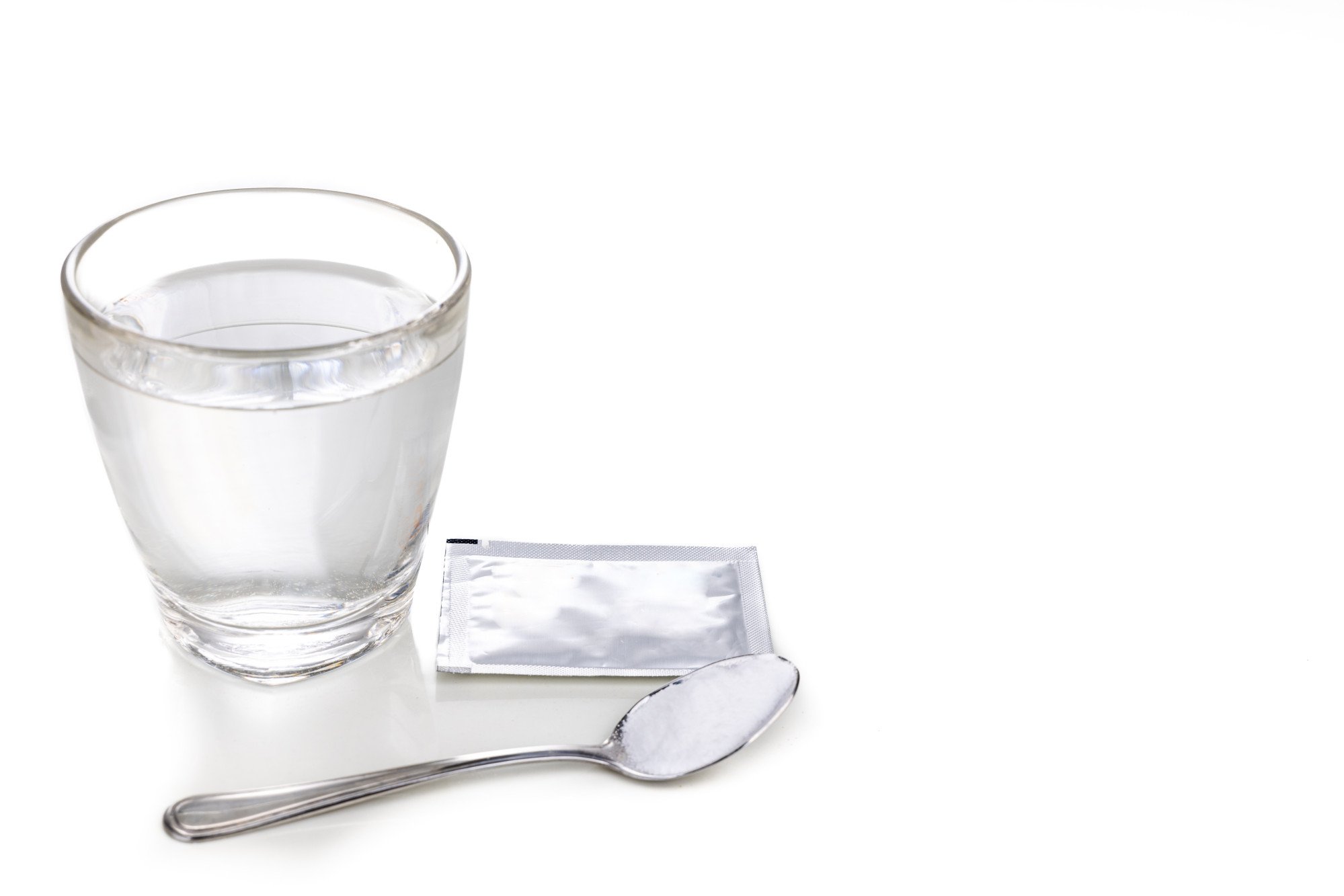
Explainer | Do you have the flu or food poisoning? Key differences outlined by a doctor and a nutritionist
- Anthea Rowan, who suffered from stomach flu but wondered if she had had a dodgy dinner, learns the causes of gastroenteritis from a doctor and a nutritionist
- They break down the differences between the stomach flu and food poisoning, and suggest ways to alleviate the symptoms of both
Recently, plagued with flu symptoms – coughing, sneezing, sore throat – I began to feel nauseous, too. When I began to vomit, I worried – had I eaten something bad?
I had hardly eaten for days, however, so it could not be food poisoning. It was clearly linked to whichever flu virus I was suffering from.
Hong Kong specialist in gastroenterology and hepatology Dr Paul Ng says the infection that triggers gastroenteritis can be bacterial, viral or, less commonly, parasitic.

Food poisoning
Bacterial gastroenteritis is usually caused by something you have eaten or drunk – contaminated food or water, say.
Jump in raw meat and egg smuggling into Hong Kong sparks food poisoning warning
Think of it as an insult from the outside that has affected the inside. Who has not eaten dinner out with a group of friends, spent the night on – or hanging over – the loo and then counted those who feel as rotten as you do the next day?
Did you – as I have done – conclude it must be the fault of the seafood, chicken curry, or home-made ice cream you shared?

Salmonella is often carried in undercooked chicken; bird faeces may find their way into poultry during butchering.
E coli can be present in a host of foods, from undercooked hamburgers to raw milk, and including cheeses made from unpasteurised milk.
Snack shop owner in China poisons rival store’s food, causing 10 people fall ill
Stomach flu

Gastroenteritis symptoms
Any infection – bacterial or viral, including flu – says Ng, “can affect the nervous system and cause disruption in the normal nervous and hormonal signals, leading to an upset in the normal regulation of the digestive system”.
Poor movement of food through the digestive system and inflammation of the stomach lining leads to microscopic changes, and sometimes swelling and bloating, that can cause nausea, vomiting and diarrhoea.
Treatment of gastroenteritis – whatever the origin – is mostly aimed at alleviating symptoms, Ng says.

Hydration is key
“Even in very severe cases like cholera, this approach can work well in patients,” Ng says.
Drinking water, fruit juice, tea or another liquid is imperative, as your body is losing a lot of fluid – often from both ends. Dehydration is a dangerous and even life-threatening condition and can come on quickly, especially in the very old and the very young.
The health benefits of drinking enough water and how much you should drink
Rehydration salts – the salt and sugar to which Ng refers – are sold in convenient sachet form at almost every pharmacy in the world. As Ng says, gastroenteritis is one of the most common infections worldwide.
Drinking water into which the salts have been mixed helps to ensure the replacement of the body’s electrolytes which we lose routinely through sweating and urination, but lose much faster if we are suffering from vomiting and diarrhoea.

There are plenty of do-it-yourself rehydration options available online, including sipping a carbonated drink – Sprite or cola – with a pinch of salt added. The key is very regular sips. Gulping might exacerbate vomiting.
If a patient is severely unwell and not able to keep down liquids, they may need intravenous fluid replacement in hospital, and sometimes require medication, including antibiotics.
Loss of appetite
Ng says “it is important to make oneself drink even when there is no appetite for it”.

Our appetite for food is often low when our gastric system is under attack, Ng says. The brain senses when the stomach is not functioning well, and sends signals not to load it with food.
“There is no sure way to turn the appetite back on quickly,” Ng adds. “It will eventually return following resolution of the episode, which can sometimes take up to two weeks.”
Holistic nutritionist Sandra Carvajal agrees that when we are ill, our body’s energy is focused on healing. “The body is such a perfect ‘machine’ it instinctively knows how to self-regulate,” she says.

Digestion demands a lot of energy, which the body needs for healing when you have been unwell, she notes. Dialling back the appetite is your body’s way of prioritising maintaining energy levels.
“When you don’t eat, you feel tired, and if you allow your body to rest and sleep it supports healing,” she says. Then, once on the mend, the appetite returns because our body knows it needs – and is ready for – the nutrients to support recovery.
The benefits of broth
Having a little bit of something easy to digest, even without the appetite for it, can help ease the nausea an empty stomach may trigger.
Weight loss, better skin: 7 health benefits of vegetable broth
Carvajal says: “I’m a big fan of chicken broth, slow cooked – and made with chicken feet if possible.”
I could not face the feet, so I had chicken broth with a handful of peas instead.
Chicken soup is not just good for the soul; it is good for the stomach sick, too.

